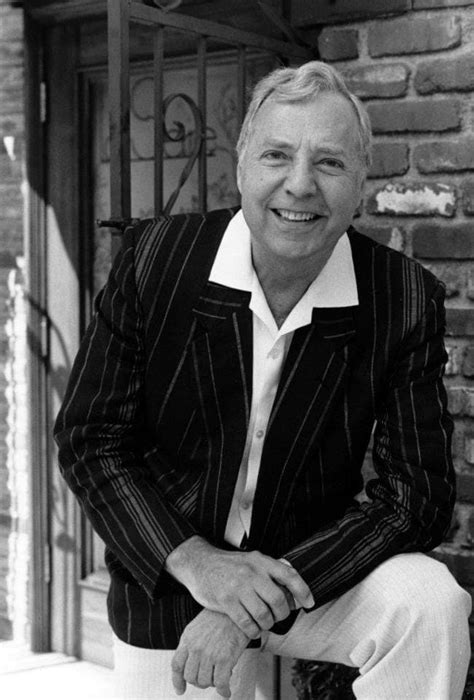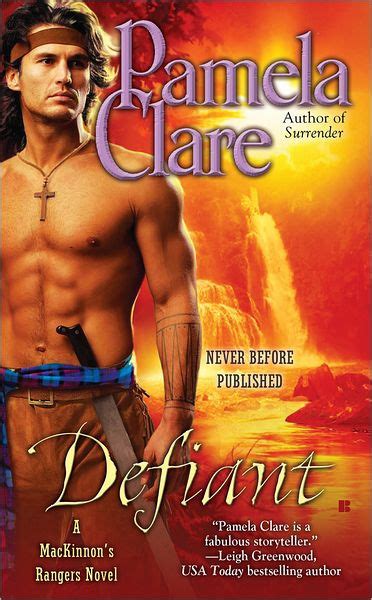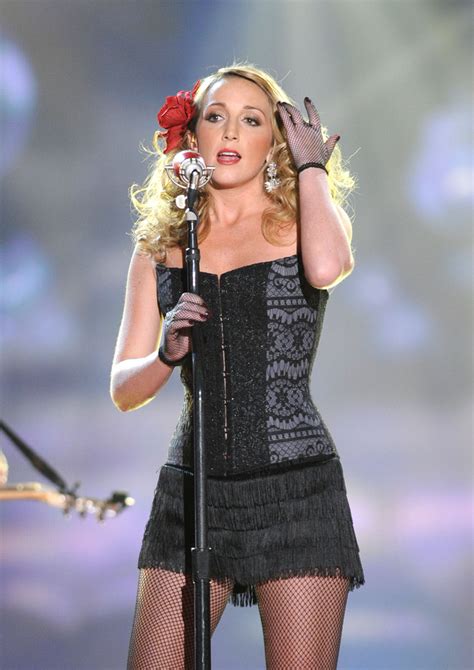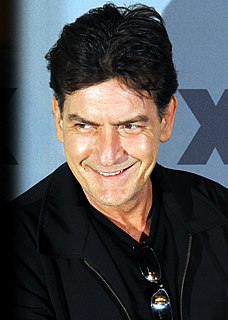A Quote by Ruth Rendell
I never make notes; just a few small details when I'm writing, but nothing much. The plot is never written down. I will tell the story to myself, but I won't plan it. I'll speak the narrative in my head for a while.
Related Quotes
Do you ever get moods when life seems absolutely meaningless? It's like a badly-constructed story, with all sorts of characters moving in and out who have nothing to do with the plot. And when somebody comes along that you think really has something to do with the plot, he suddenly drops out. After a while you begin to wonder what the story is about, and you feel that it's about nothing—just a jumble.






































